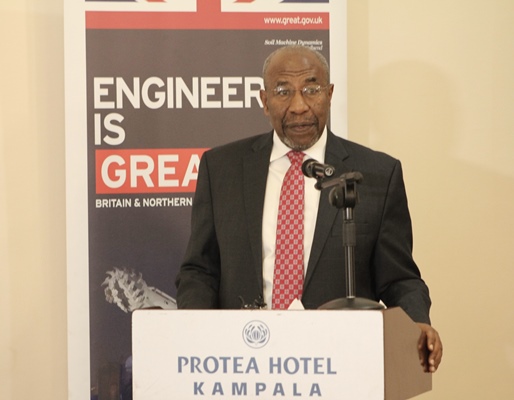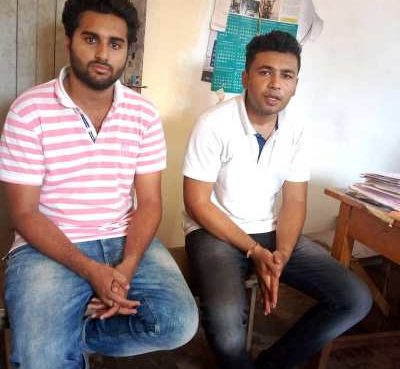Uganda’s Prime Minister, Rt Hon Ruhakana Rugunda has emphasized the importance of infrastructure in the country is to achieve them much talked about Middle Income Status.
Rugunda revealed this on Tuesday morning during the Government of Uganda Public Private Partnership (PPP) Training Half day Capacity Building Workshop at Hotel Protea in the capital, Kampala.
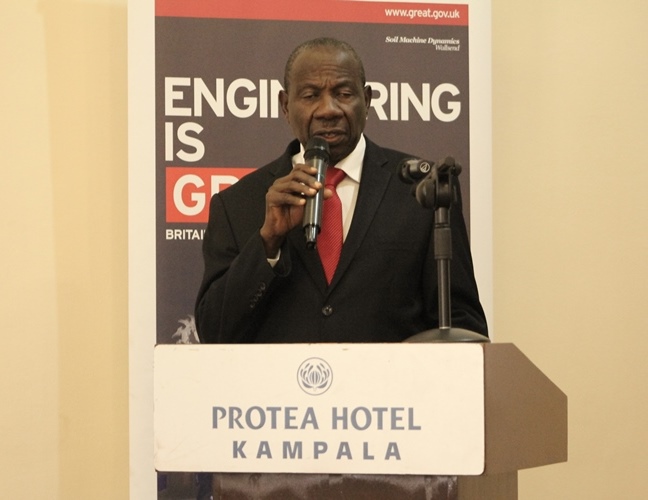
“As Uganda positions itself to transform its economy from low income to middle income status, the role of infrastructure in enhancing sustainable Economic Growth takes centre stage,” Rugunda said as he addressed cabinet ministers.
He added, “The Government budget will only be able to provide UGX 113 Trillion within the same period. So, where is the rest of the money going to come from? Government, therefore, needs to explore raising capital from the private sector to finance its infrastructure investments which is key to driving Economic Growth.”
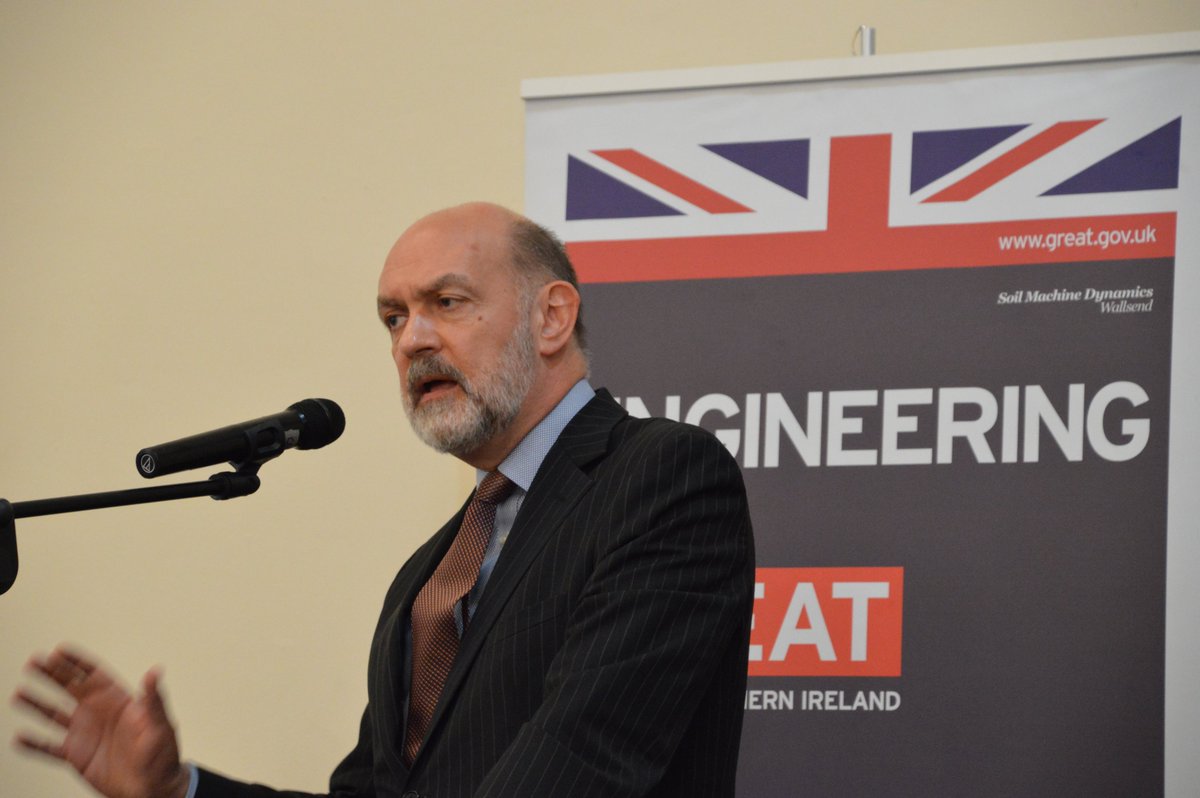
The Public Private Partnership Policy was passed in 2010 while the Act was given the green light in 2015 paving the way for joint operations between government and the private sector. The Act also reflects what the policy says and establishes roles of different actors in the process.
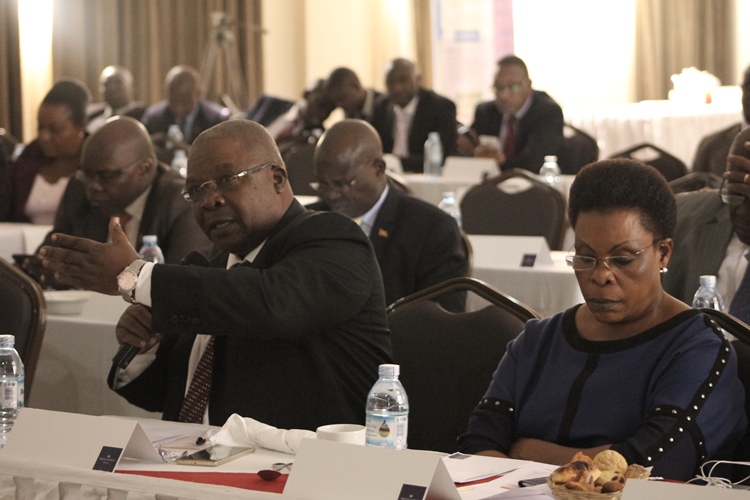
On his part, the British High Commissioner to Uganda, H.E Peter West expressed his pleasure saying the British government is “…happy to support these workshops because PPPs were born in the UK and we have vast experience with over 700 projects undertaken through public-private financing.”

The workshop is organised by the Ministry of Finance, Planning and Economic Development and is supported by the British High Commission. Day two of the workshop continues tomorrow with MPs set to attend.

Below is the Premier’s Full Speech
Let me take this opportunity to welcome you all to this Public Private Partnerships (PPPsq) Capacity Building Workshop despite your busy schedules.
I thank the British High Commission, Her Majesty’s Government in partnership with DFID for its continuous support to Uganda’s PPP Program. I have been informed that the British High Commission sponsored a 3 day PPP Capacity building training for Contracting Authorities in December 2017 and has co-financed this workshop as well and I would like to greatly appreciate the British High Commission.
I am also aware that the Investment Facility for Utilizing Expertise (IFUSE) in partnership with DFID have continued to provide capacity building to officers from Contracting Authorities handling PPPs.
I have also been informed that DFID has provided additional support to Government of Uganda by funding the ‘Mobilizing Private Investment in Infrastructure in Uganda’ Program. DFID is also providing Technical Assistance support to the PPP Unit under the DFID- EFO Technical Assistance.
Ladies and Gentlemen, it is common knowledge that poor infrastructure in Africa has been recognized as one of the greatest impediment to its Social and Economic Development. It is evident that trade and investments in Africa is also hampered by the poor regional connectivity, low service levels and high cost of services. This is the scenario in Uganda today and this is brought about by the very low investments in infrastructure.
As Uganda positions itself to transform its economy from low income to middle income status, the role of infrastructure in enhancing sustainable Economic Growth takes centre stage. Traditionally, Government is responsible for providing infrastructure and related services in the country. The mode of delivery of these infrastructure and services has been such that Government finances, builds or purchases, operates and owns the infrastructure, and uses public sector employees to deliver the infrastructure required services. Accordingly, the risks associated with the financing, building and operation of the infrastructure remains with Government.
In Uganda, we have estimated that approximately UGX 196.7 Trillion (NDPII) is needed for investments infrastructure for us to continue on the road to achieving the goal of becoming a middle-income country as contemplated by our Vision 2040. The Government budget will only be able to provide UGX 113 Trillion within the same period. So, where is the rest of the money going to come from? Government, therefore, needs to explore raising capital from the private sector to finance its infrastructure investments which is key to driving Economic Growth.
The National Development Plan adopted a key strategy of partnering with the private sector in the development and provision of public infrastructure and related services for the attainment of high and sustainable Economic Growth. Government has embraced PPPs as an alternative model for service and infrastructure delivery because it has come to the realization that its capacity is limited. PPPs if well-structured, can offer the following benefits:
A whole-life cycle approach to service delivery that optimizes construction, operation, and maintenance costs;
Better risk management as risks are transferred to the party best able to manage it;
Efficient project delivery; and
Well-structured PPPs also ensure delivery of infrastructure projects on time and within budget.
It is important to note that Government commitment forms a critical foundation for any PPP Framework. Government’s commitment has been demonstrated through the development of the PPP Policy, Legal, Regulatory and Institutional Framework that provides a suitable environment for Government’s partnership with the private sector in a PPP arrangement.
I believe this workshop will provide a forum for initial PPP capacity building on the principles that govern Public Private Partnership projects. I am aware that Public Private Partnerships are not yet clearly understood by many stakeholders and there are several misconceptions and myths about PPPs. I hope the workshop will try as much as possible to demystify what PPPs are and create a common understanding of the contents and principles of the PPP.
Cabinet is a key stakeholder in the PPP Process. It is, therefore, critical that the Cabinet members here present have a sound understanding of PPP processes and requirements as stipulated in the PPP Act for successful delivery of PPPs in the country
With these remarks, Ladies and Gentlemen, let me thank everybody once again, for finding time to be with us today during the PPP readiness workshop. I am convinced that this is another step of a long journey towards the successful implementation of the PPP Program in our country.
It is now my pleasure to declare this workshop officially opened.


